W10.S4 Panel on Autonomous Systems Design
Organizers:
- David Harel, Weizmann Institute of Science
- Joseph Sifakis, Verimag Laboratory
Moderator:
- David Harel, Weizmann Institute of Science
Panelists:
- Sandeep Neema, Darpa
- Alberto Sangiovanni, Berkeley
- Carlo Ghezzi, Politecnico di Milano
- Simon Burton, Fraunhofer
- Michael Paulitsch, Intel
- Arne Haman, Bosch
Topics to be discussed by the panel:
1) What is your vision for AS? For example, the role of these systems in the IoT and AI revolutions; autonomy as a step from weak to strong AI; the gap between automated and autonomous systems.
2) What challenges do you see in AS design? For example, AI-enabled end-to-end solutions; "hybrid design" approaches, integrating model- and data-driven components; systems engineering issues.
3) How should we ensure the reliability of AS? For example, achieving explainable AI; adapting and extending rigorous V&V techniques to ASs; ensuring safety based exclusively on simulation and testing.
4) Looking to the future, is the vision of total autonomy viable? how can we make it happen? For example, decisive factors for acceptance; research challenges; ethical issues; "easy" total autonomy categories.



